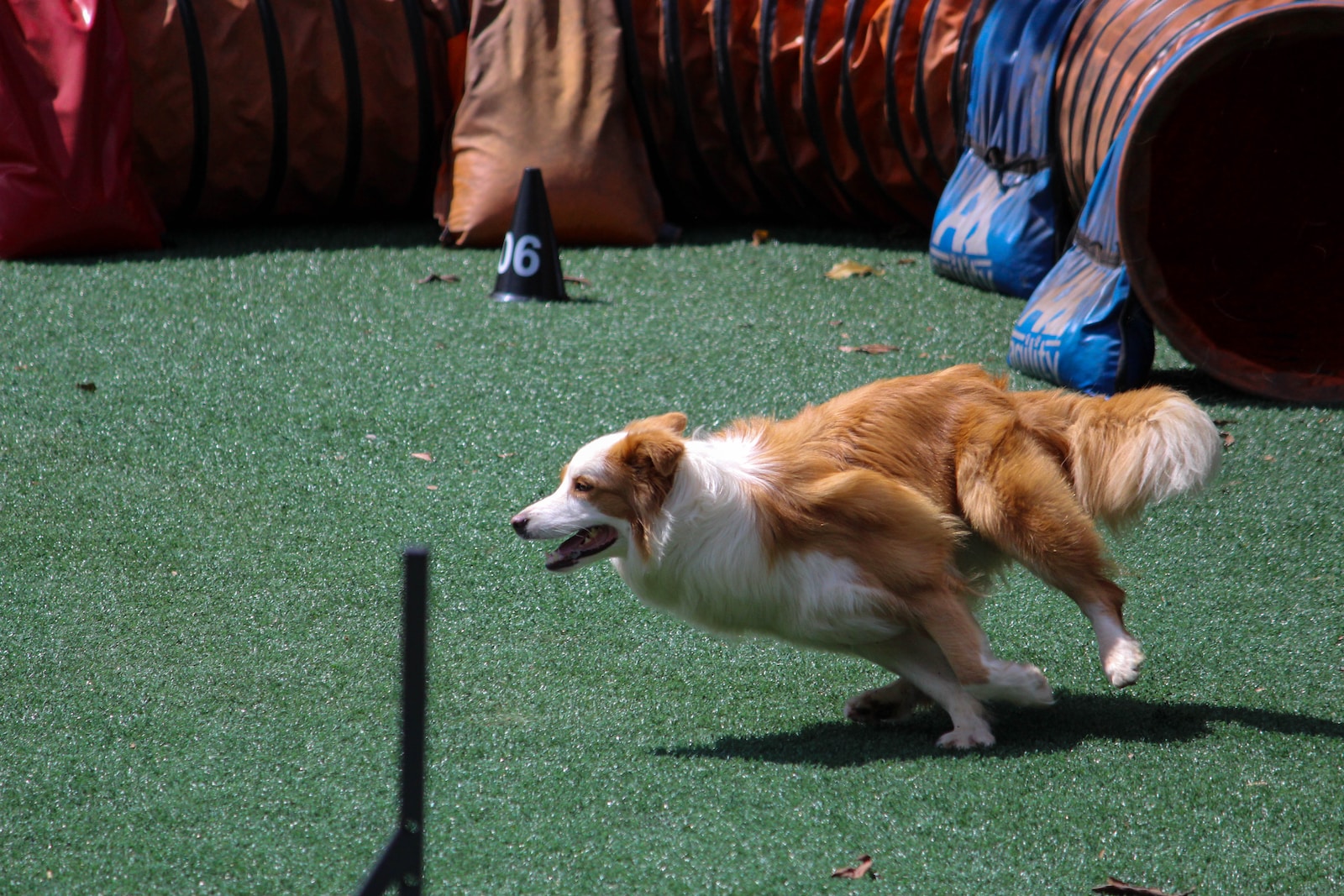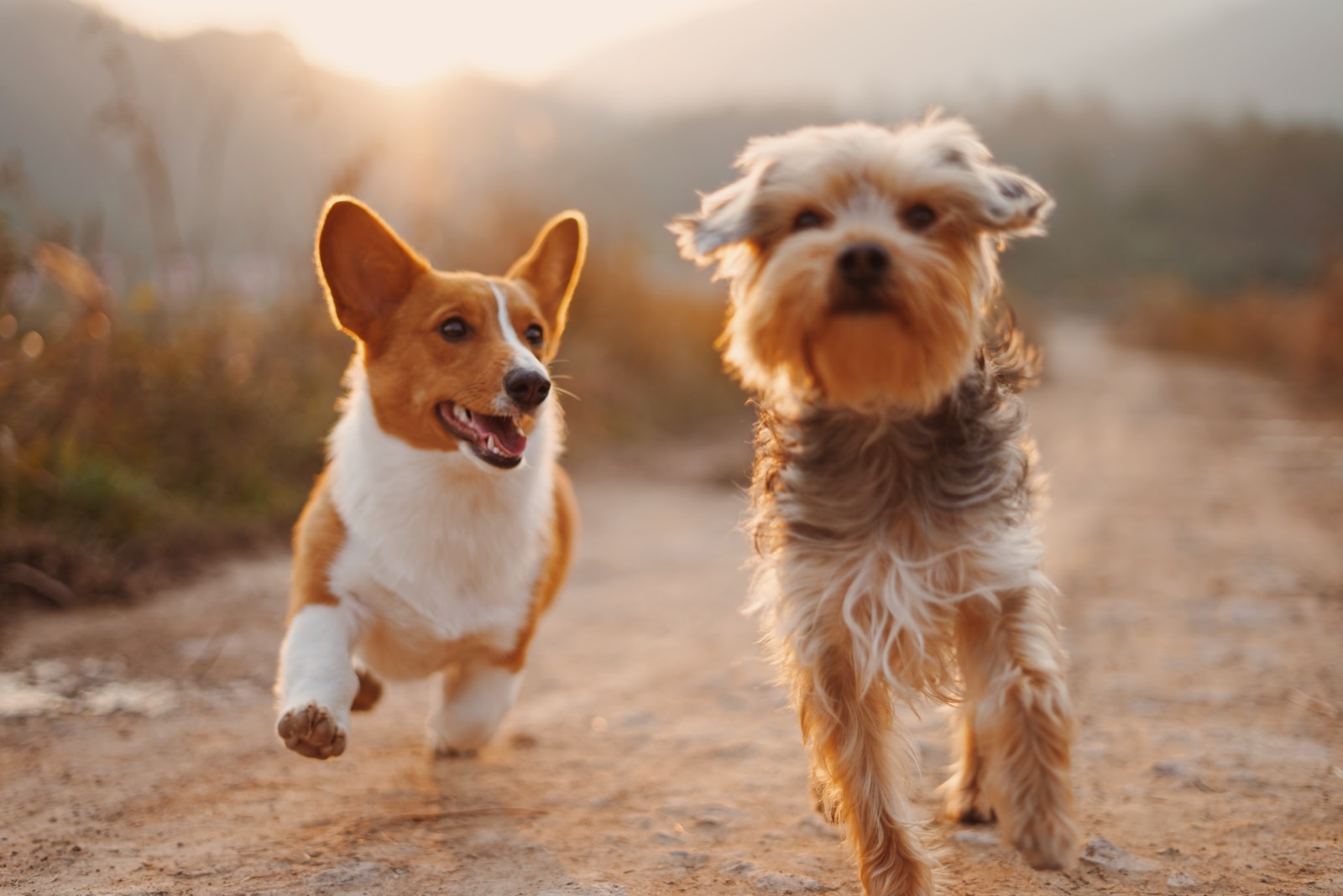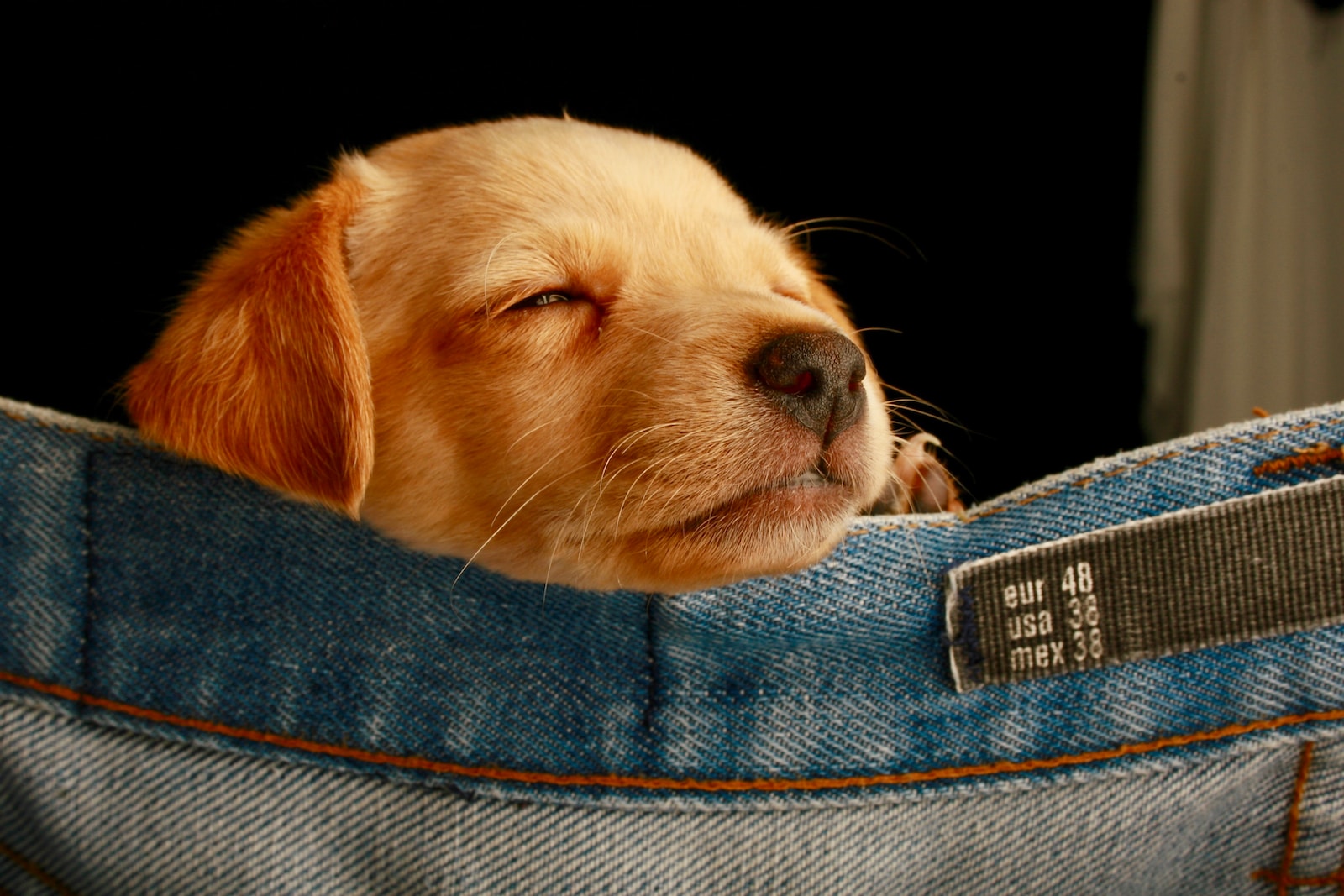Puppy training classes can play a significant role in shaping your puppy’s behavior and social skills. When searching for a suitable dog trainer or class, it’s essential to find one that emphasizes positive energy techniques and provides a supportive learning environment. In this article, we’ll provide guidance on selecting a dog trainer or class that aligns with the positive energy approach and discuss what to look for to ensure a nurturing, encouraging experience for your puppy.
Selecting a Positive Energy Dog Trainer or Class
When searching for a dog trainer or class that emphasizes positive energy techniques, consider the following tips:
- Research Credentials and Experience: Look for trainers with certifications from reputable organizations, such as the Certification Council for Professional Dog Trainers (CCPDT) or the Association of Professional Dog Trainers (APDT). Experience working with puppies and a history of positive results are also essential factors to consider.
- Observe a Training Session: Before committing to a trainer or class, ask if you can observe a session. This will give you an idea of the trainer’s teaching style, their use of positive energy techniques, and the overall environment.
- Ask for Referrals: Talk to friends, family, or your veterinarian for recommendations of dog trainers or classes that focus on positive energy techniques. Online reviews can also be helpful in finding a trainer that aligns with your values and goals.
What to Look for in a Trainer or Class
When evaluating a dog trainer or class, keep an eye out for the following attributes to ensure a positive, supportive learning environment:
- Positive Reinforcement Methods: The trainer should use praise, treats, and other rewards to motivate and encourage desired behaviors in puppies.
- Clear Communication: A good trainer will provide clear instructions and guidance, ensuring that you understand how to effectively communicate with your puppy and implement the training techniques at home.
- Small Class Sizes: Smaller class sizes allow for more individualized attention and a better learning experience for both you and your puppy.
- Focus on Socialization: A quality puppy training class should incorporate socialization opportunities to help your puppy develop appropriate social skills with other dogs and humans.
- Open to Questions: A supportive trainer will be open to answering questions and addressing any concerns you may have throughout the training process.
Conclusion
Finding a positive energy dog trainer or class is an essential step in providing your puppy with a supportive, nurturing learning environment. By researching credentials, observing classes, and asking for referrals, you can find a trainer that aligns with your goals and values. Look for trainers who use positive reinforcement methods, communicate clearly, offer small class sizes, and focus on socialization to ensure the best possible experience for you and your puppy.



